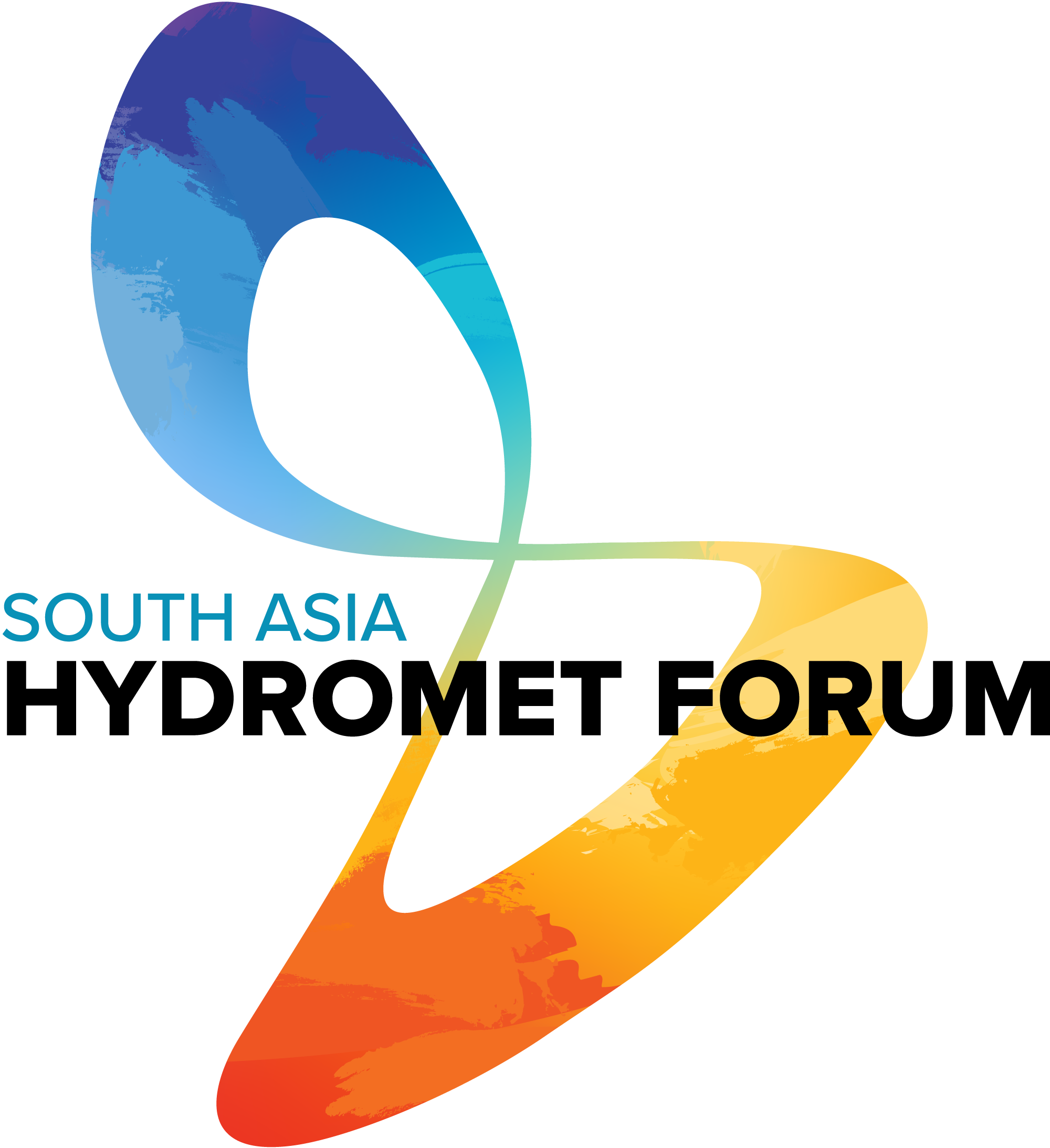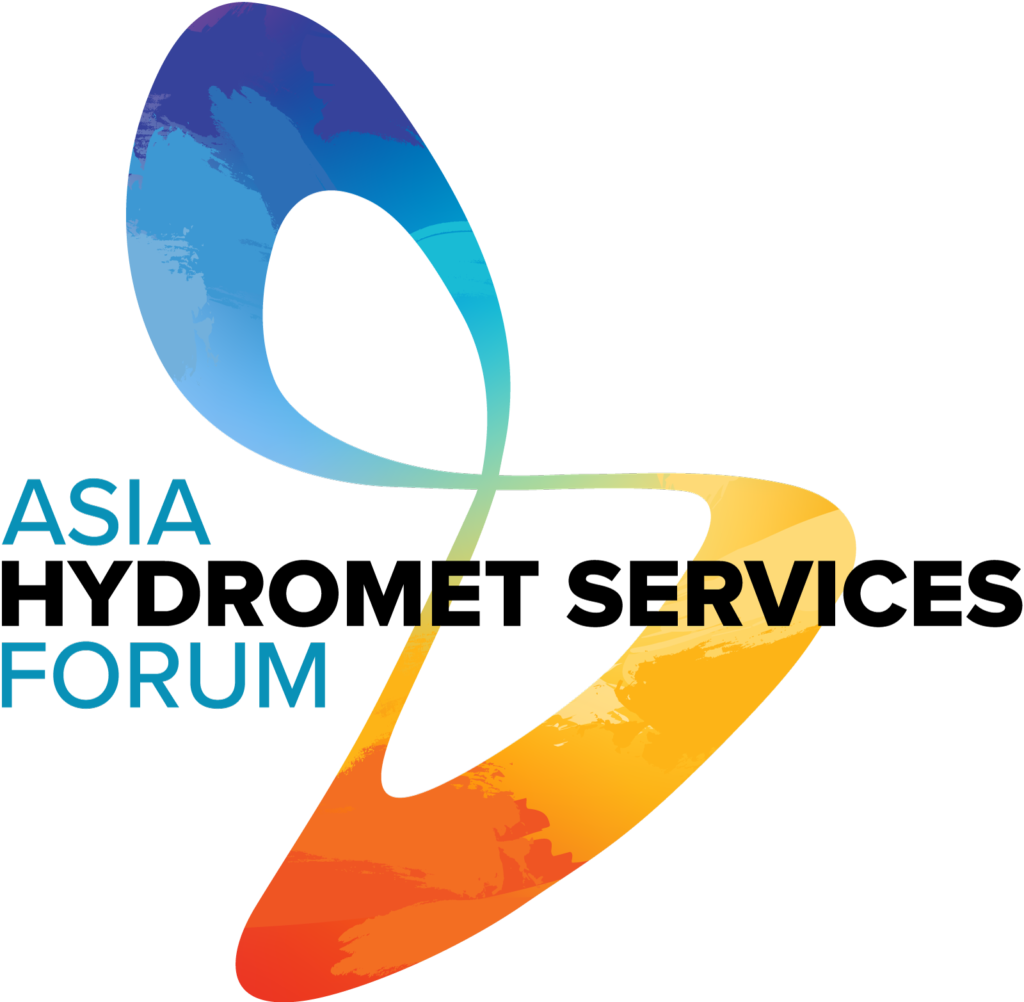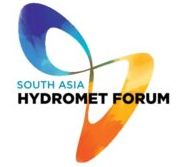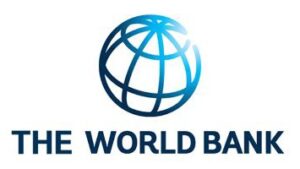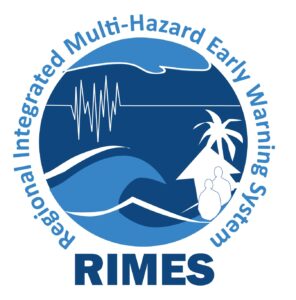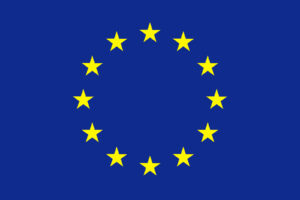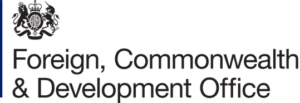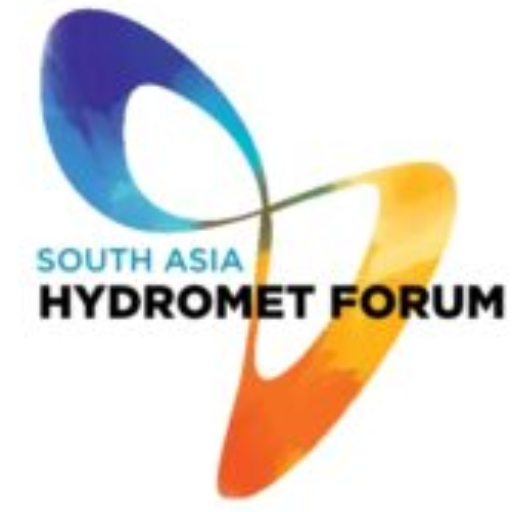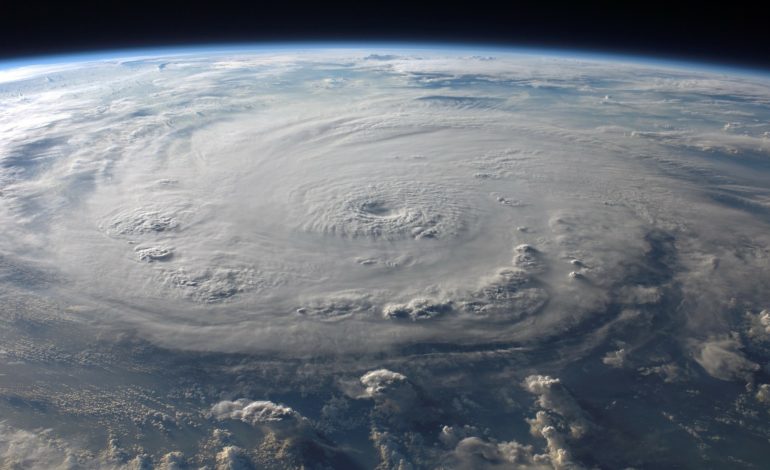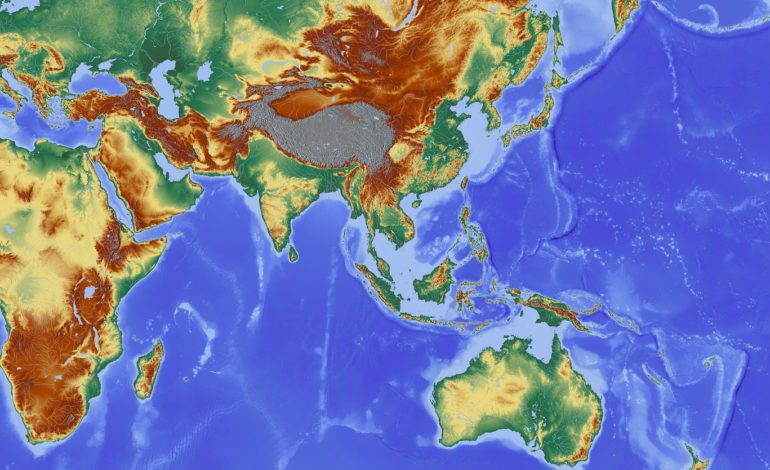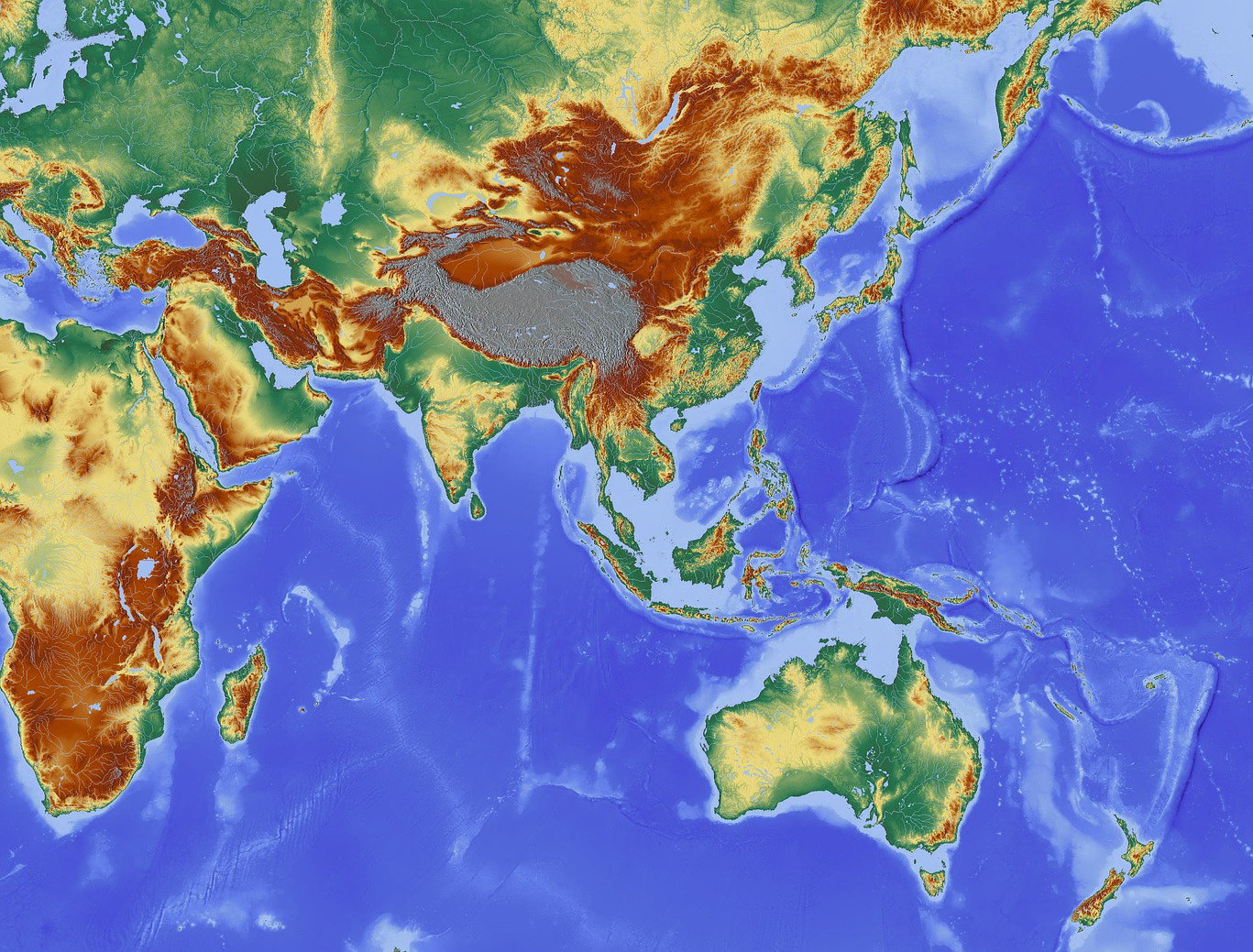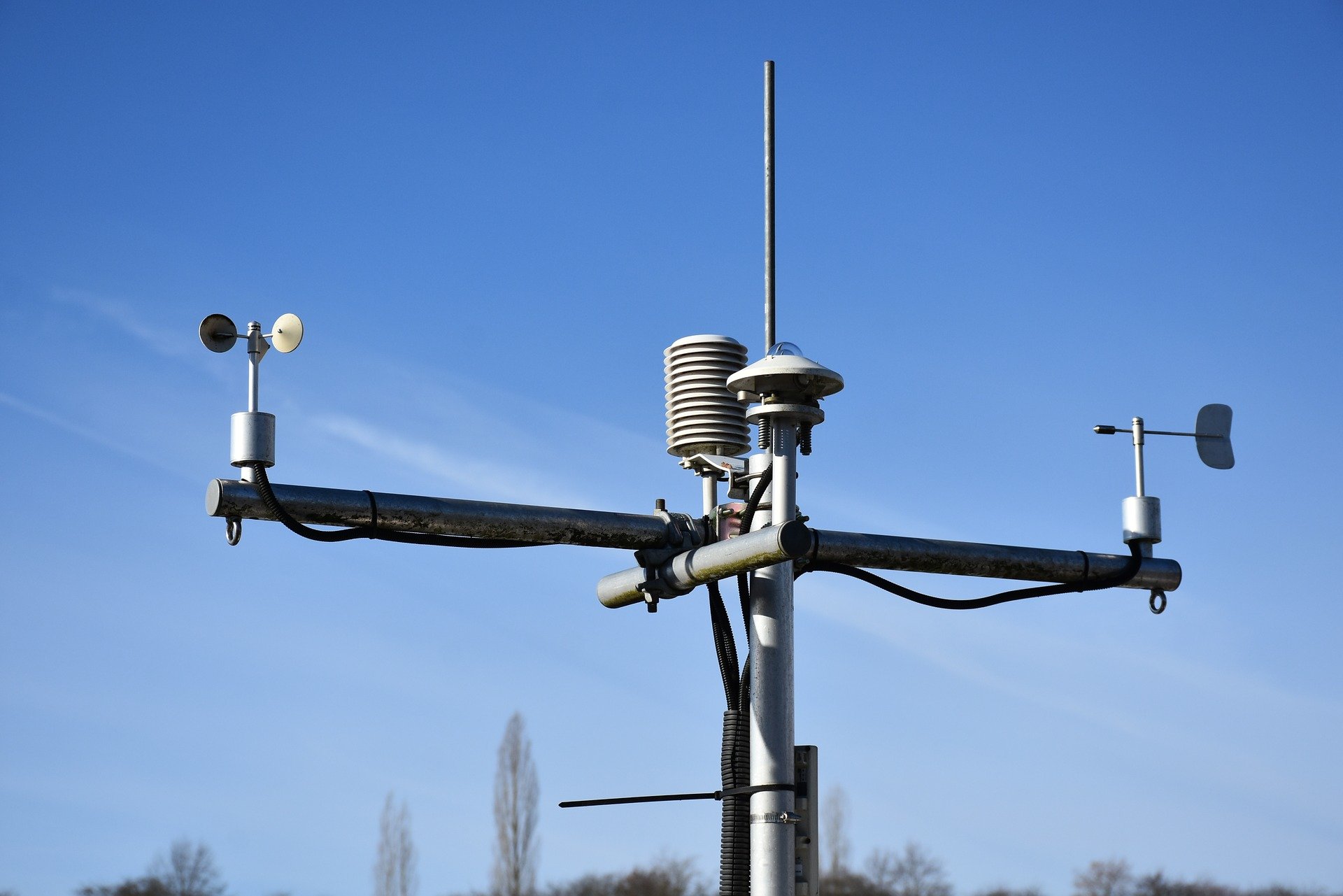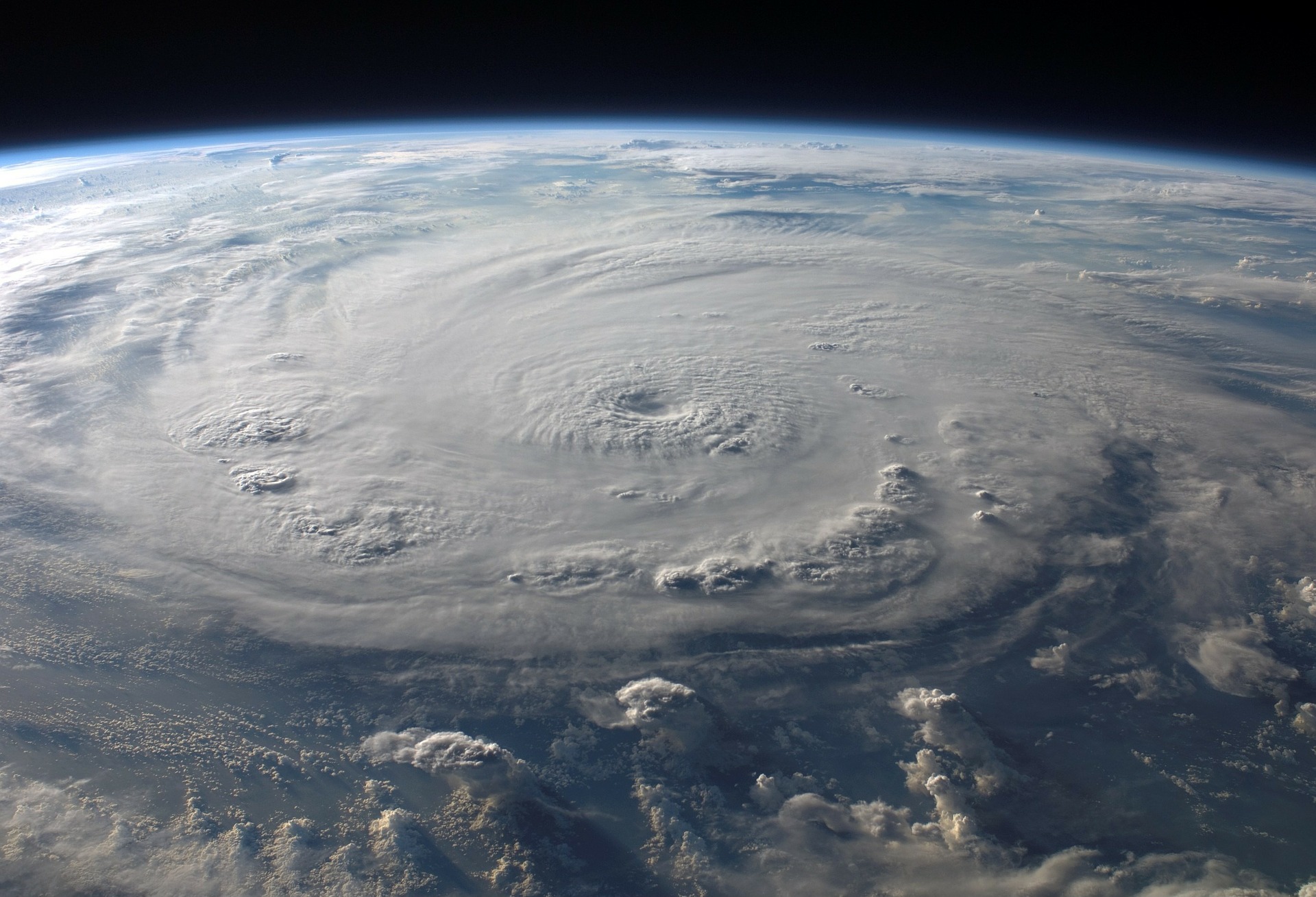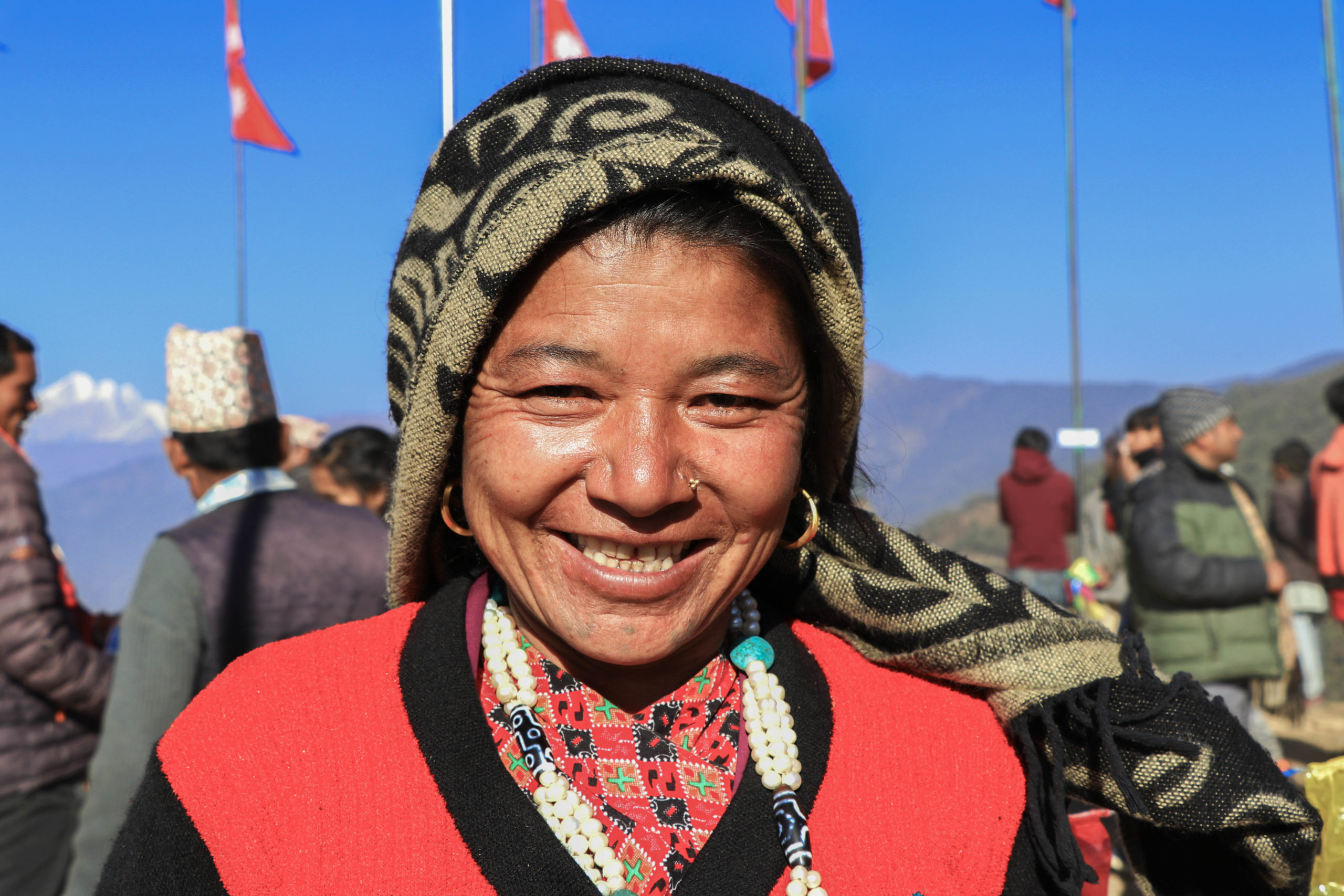ANNUAL SESSION AGENDA: DAY 3
admin
- November 1, 2021
- 3 min read
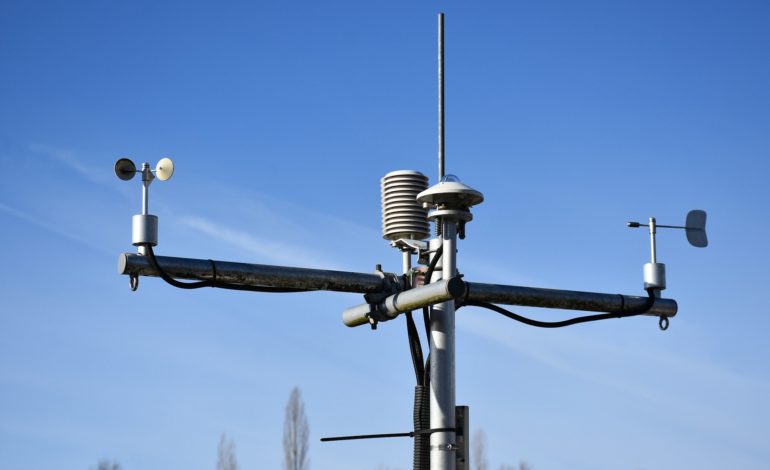
Day 2 : 17 November 2021
Session 4
05:00 AM to 06:15 AM (UTC)
(Session Duration: 1.25 hours)
Prioritizing training and capacity development requirements
A wide range of capacity building initiatives for NMHSs have been implemented in the South Asian region. Despite these efforts there are residual gaps in capacity development, particularly in service delivery. The session will discuss the training needs of SAHF countries across the entire hydromet services information value chain building on the assessment taken up by World Bank and RIMES through reviews, individual country consultations and assessment surveys. The session will highlight best practices from global experiences and other innovations that could be adopted in South Asia.
Session Chair
Presentation
- SAHF Capacity Development Challenges and Priorities: Dr. G. Srinivasan, Chief Scientist, RIMES and Dr. K. J. Ramesh, Advisor, RIMES
Panel Discussion: Contributions of global, regional, and national institutions to SAHF capacity enhancement priorities
- Customization of COMET training modules for SAHF: Dr. Elizabeth Page, The University Corporation for Atmospheric Research (UCAR)
- Contribution to SAHF priorities: India Meteorological Department (IMD), Regional Training Center, Pune: Dr. Somnath Dutta, IMD
- Contribution to SAHF priorities: Pakistan Meteorological Department (PMD), Training Division, Karachi: Dr. Sarfaraz, PMD
- Training resources for addressing SAHF priorities by UK Met Office: Dr. Helen Caughey, UKMO
- Opportunities for Advanced Training on Operational Oceanographic Services to SAHF Countries by International Training Centre for Operational Oceanography (ITCOocean), INCOIS: Dr.T V S Udaya Bhaskar, Scientist F, INCOIS
Q&A
Summary
Session 5
06:30AM to 08:30 AM (UTC)
(Session Duration: 2 hours)
Observational systems and regional data exchange for monitoring and prediction of extremes
An optimal observational system requires an ability to integrate and manage diverse sources of hydrometeorological data. Major observational system considerations in South Asia are sustaining observational networks, operation and maintenance issues, inter-operability, and data-sharing. The session will feature a discussion on development of strategic plans for observational networks and enhancing data sharing arrangements in the region to improve detection and warning for extreme events.
Session Co-Chairs
Dr. Kyaw Moe Oo, DG, Department of Meteorology and Hydrology, Myanmar
Presentations
- SAHF priorities for enhancing and sustaining observation networks : Mr. Nadeem Faisal, SAHF WG on Observational Networks
- Updates on WMO Observations & Data exchange Infrastructure and protocols: Mr. Anthony Rea, Director, Infrastructure (D/I), WMO
- European Space Agency data and products support to South Asia hydromet services: Mr. Clement Albergel, Climate Application Scientist, ESA
- Contribution of RIMES regional data sharing mechanisms by harnessing state of art data analytics technologies and innovative institutional practices to address SAHF priorities: Dr. Itesh Dash, RIMES
- Leveraging public and private sector engagement to meet SAHF priorities:
Mr. Kumar Margasahayam, Regional Manager, Earth Networks/ Advanced Environmental Monitoring
Panel Discussion: Harnessing innovations in observation systems, and enhancing effectiveness of O&M to meet SAHF priorities: Global Weather Enterprise (GWE)
- Mr. Simon Brown, Services Director, UK Met Office
- Mr. Erik Andersson, Seconded National Expert to the European Commission, ECMWF
- Mr. Jerry Lengoasa, Director, Disaster Risk Solutions Pty
- Dr. Jagadishwor Karmacharya, DDG, DHM, Nepal
- Mr. Ali Shareef, DDG, Maldives Meteorological Services
- Dr. P. Srinivasalu, General Manager (R&D), Astra Microwave Private Limited
